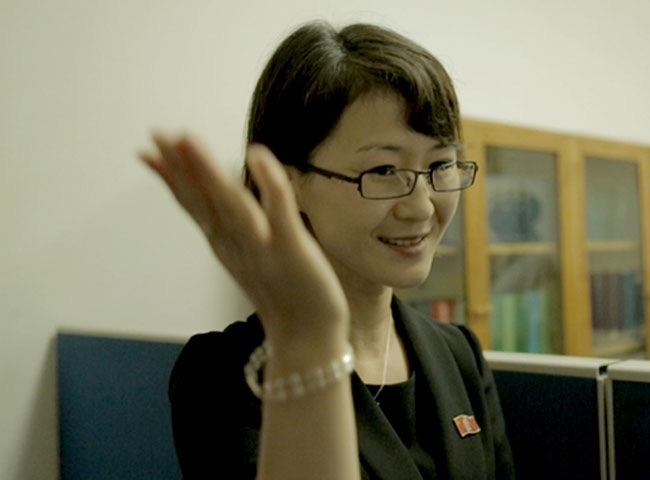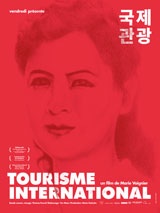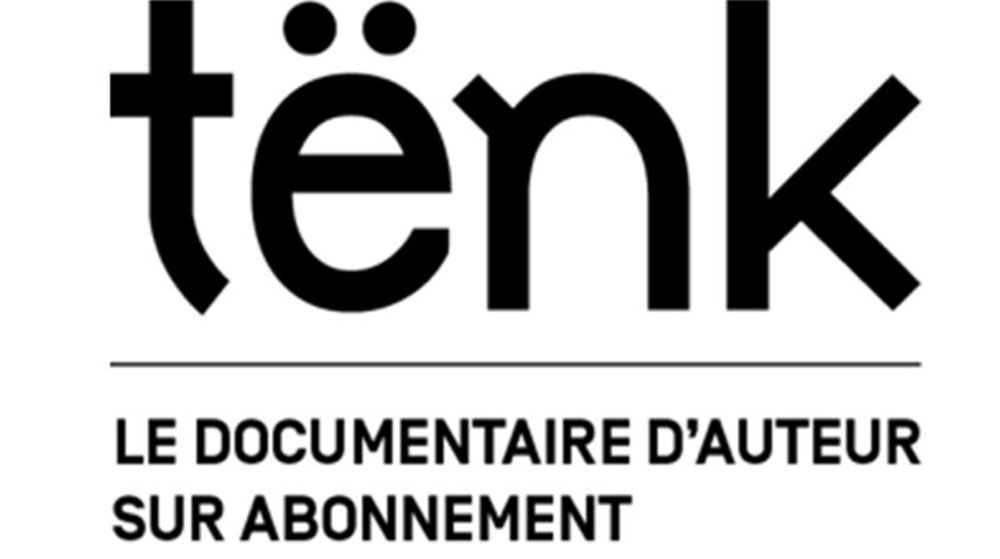Tourisme international
-
Réalisé par Marie Voignier • Écrit par Marie Voignier
-
France • 2014 • 48 minutes • HD • Couleur
- Réalisation :
Marie Voignier - Écriture :
Marie Voignier - Image :
Marie Voignier - Son :
Agathe Courtin, Florian Fabre, Thomas Fourel - Montage :
Marie Voignier
- Production (structure) :
Bonjour Cinéma - Coproduction :
Centre d'Art Contemporain de Brétigny - Participation :
Image/mouvement - Aide au développement et à la post-production - Ayant droit :
Bonjour Cinéma
- N° ISAN :
ISAN 0000-0005-20FF-0000-L-0000-0000-B
Résumé
Après les strates historiques et les paradis artificiels de l'Allemagne d'Hinterland (Fid 2009) et l'Afrique marquée par le regard de la colonisation de L'Hypothèse du Mokele-Mbembe (Fid 2011), Marie Voignier poursuit son exploration des imaginaires politiques et des utopies où mythes, récits et faits se croisent. Pour cet opus, ce sera la Corée du Nord. En ouverture, nous voici à Pyongyang, dans le bureau d'une institution officielle : un homme raccroche son téléphone - bruit du combiné téléphonique -, puis crépitement d'un flash alors qu'on le photographie. Il réagit, parle, mais de ses lèvres en mouvement, l'on n'entendra pas les mots, comme effacés. Tel est posé l'écart au travail entre ce qui se voit, se montre et peut se dire. Mais que dire et comment dire ce pays où tout est maîtrisé, contenu, et d'où rien ou presque ne filtre ? Se succèdent visites, ici un musée de peinture, là la maison natale du Président, inclinaisons respectueuses comprises. Un périple muet aux sons comme étouffés dans un pays où l'on apprend que le Président lui-même s'inquiète de chaque détail, où la peinture semble se substituer à la photographie, où tout le cinéma est doublé par crainte de débordements. Un voyage dans un pays en perpétuelle représentation où se confrontent deux logiques, celles du vouloir voir et du montrer : celle d'un pouvoir qui ne laisse rien au hasard, et celle du tourisme en recherche d'images.
(Nicolas Feodoroff, FID Marseille 2014)
Following the historical strata and artificial paradise of the Germany of Hinterland (FID 2009) and an Africa marked by the gaze of colonization in L'Hypothèse du Mokele-Mbembe (Fid 2011), Marie Voignier continues her exploration of political fantasies and utopias in which myths, stories and facts intersect. This time the subject is North Korea. The film begins in Pyongyang, in the office of an official institution: a man hangs up his phone – cue the sound of the handset - and then the crackle of a flash when he is photographed. He reacts, he speaks, but from his moving lips no words can be heard, as if they had been deleted. This shows the gap between what is seen or shown and what may be said at work. But what can be said (and how) about this country where everything is controlled and contained and little or nothing filters through? Successive visits ensue: here an art museum, there the house where the President was born (accompanied by respectful bows). It is a silent voyage in which sounds seem to have been smothered in a country where we learn that the President himself is concerned about every detail, where painting seems to have replaced photography and all cinema is dubbed for fear of oversights. This is a journey through a country in perpetual representation in which two logics, the wish to see and the desire to show, confront one another: the logic of a government that leaves nothing to chance, and that of tourism in search of images.
(Nicolas Feodoroff, FID Marseille 2014)
Mot(s)-clé(s) thématique(s)
À propos du film
Sélections et distinctions
- 2015 • Images en bibliothèques • Paris (France) • Film soutenu par la Commission nationale de sélection des médiathèques
- 2015 • Festival international du film d'environnement de Paris (FIFE) • Paris (France) • Compétition
- 2014 • Festival du film de Vendôme • Vendôme (France) • Prix Format Court
- 2014 • Doclisboa - Festival Internacional de Cinema Documental • Lisbonne (Portugal) • Compétition Internationale - Courts métrages
- 2014 • FIDMarseille - Festival International de Cinéma de Marseille • Marseille (France) • Prix du Groupement national des cinémas de recherche (GNCR) - Mention spéciale &
Comment avoir accès au film ?
- Sortie en salle
-
Édition DVD
- Il n'existe pas d'édition DVD à notre connaissance
- Accès VOD



